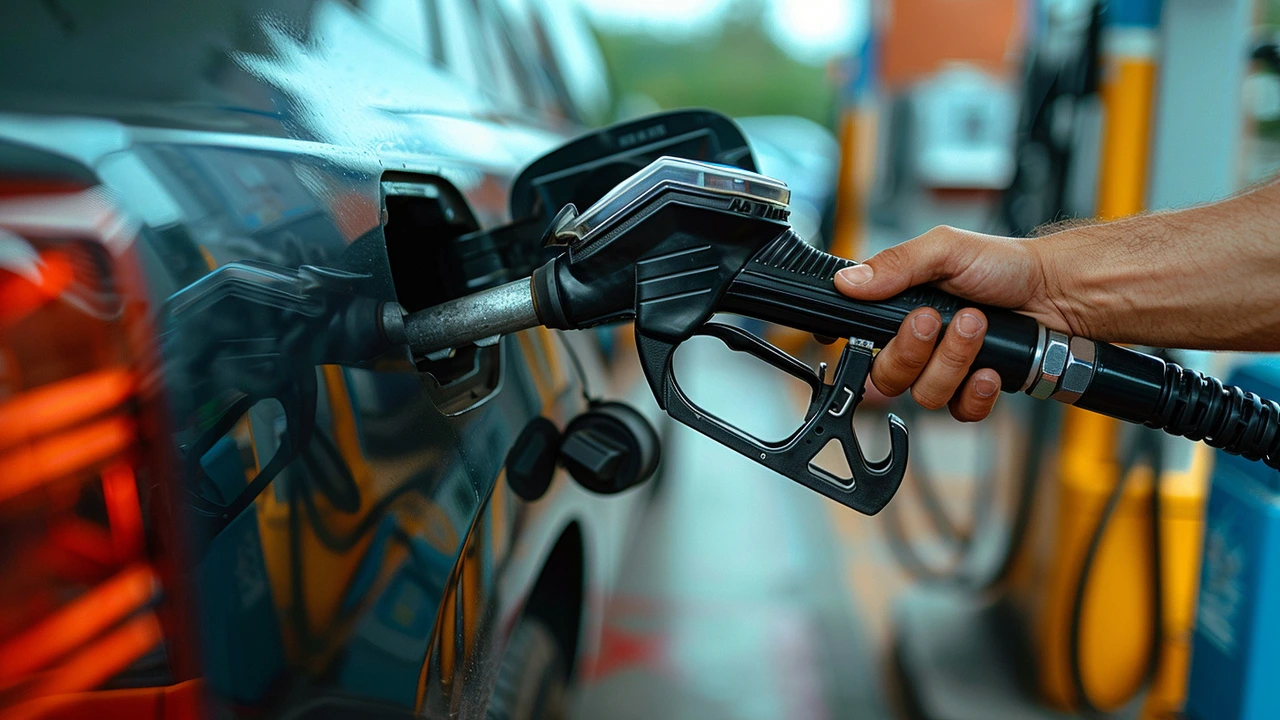Cheaper diesel isn’t just good news at the pump—it’s a big deal for African game farms. From managing vast reserves to running daily safari vehicles, game farms rely heavily on diesel to keep things moving. When prices drop, owners, staff, and even the wildlife feel the change.
Fuel is one of the top expenses for game farms. Lower diesel prices free up cash for upgrades, improved animal care, and even conservation efforts. For smaller lodges and independent reserves, this extra breathing room often means more resources for anti-poaching patrols, fence maintenance, and habitat restoration. In many ways, you can see a diesel price decrease echoed in healthier rangers, better-fed animals, and smoother roads.
Safari vehicles aren’t love letters to fuel efficiency—they’re rugged, powerful, and usually diesel-powered. When diesel gets cheaper, it’s easier for farms to keep those vehicles on the road and do daily game drives, maintenance, and deliveries. Some operations might even add extra drives or extend route distances, giving guests unique access to hidden parts of the reserve. So, tourists might enjoy a richer safari when diesel is more affordable.
It also changes the financial puzzle for eco-tourism ventures. Lower operating costs mean some farms can keep prices steady for guests. In a world where travelers track every cent, that edge matters. More competitive pricing may attract return visitors and bigger groups—great for business, and great for the local communities game farms support.
Don’t overlook conservation. Diesel powers water pumps, anti-poaching vehicles, and the machinery used in everything from invasive species removal to controlled burns. When costs drop, farm managers often invest more in proactive strategies—building new watering holes or expanding firebreaks, for example. Conservation teams spend less time worrying about budgets and more time getting into the field.
But it’s not all smooth sailing. A sharp drop in diesel price can be unpredictable and short-lived. Farms still need smart fuel management and backup plans for price hikes. The real winners are those who use the savings wisely: investing in solar panels, better vehicles, or more efficient equipment while the going is good. That way, they’re ready no matter which way the price swings next month.
The ripple effect of lower diesel prices is easy to see on African game farms: more flexibility, stronger businesses, and sometimes healthier landscapes. While it’s tempting to see a diesel price cut as a temporary blessing, the smart move is to use it as a springboard for real progress—on and off the field. If you’re involved with a game farm, now’s the time to check your fuel costs and think about how to make the most of this break.

As May 2024 approaches, South Africa will see a mixed shift in fuel prices. Petrol is set to become more expensive by 35 cents per litre, while diesel and gas prices will experience a decrease. These changes reflect broader economic influences, including international market shifts and currency fluctuations.
Read More >>